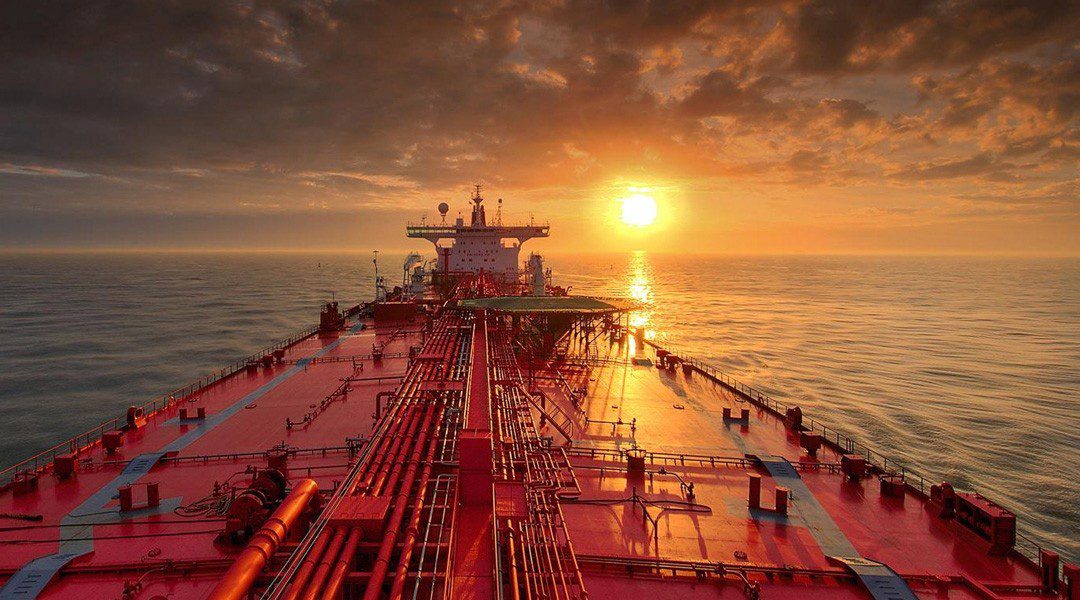Sector-focused global law firm HFW has noted that, just
prior to recent events taking place in the Baltic Sea, the UK Government in
August 2022 published a report titled ‘National Strategy for Maritime Security’
in August 2022 in response to the increased global tensions and pressures being
placed on global trade and data.
HFW’s Paul Dean and Tom Walters, along with several other
partner contributors, observed that the report was prescient in that it
highlighted the vulnerability of the UK as a result of its dependency on
maritime trade.
“The need to protect our ports, shipping routes and
subsea infrastructure so as to preserve, not just access to goods, but
information that supports the UK economy has never been more important.”
The wider implications in the report were also recognized
as the protection of the UK’s critical infrastructure also extended beyond the
UK’s Territorial Sea and Exclusive Economic Zone to the Overseas Territories
and Crown Dependencies.
The UK’s dependency on maritime trade and the importance
of the infrastructure around our coastline is significant. By way of example:
95% of all goods by weight were imported by sea in 2020, 70% of all container
moves are handled by 10 UK Ports, 99% of the UK’s global telecoms traffic is
transmitted via subsea fibre optic cables and offshore wind produced 27% more
electricity in 2020 than the previous year.
HFW said that the alleged sabotage and attacks on the
NordStream pipelines in the Baltic highlighted the importance of the UK’s and
many other nation state’s critical infrastructure. It also reminded us of the
levels that some actors might go to in order to place pressure on stakeholders
in the pursuit of political goals.
“This in turn raises a number of legal issues that will
no doubt be played out in the international arena. These will become
increasingly pertinent as competition between states for limited resources,
disputes over maritime boundaries and greater emphasis on the use of hard
(military or economic threat) and soft (negotiation or influence) power become
more common.”






